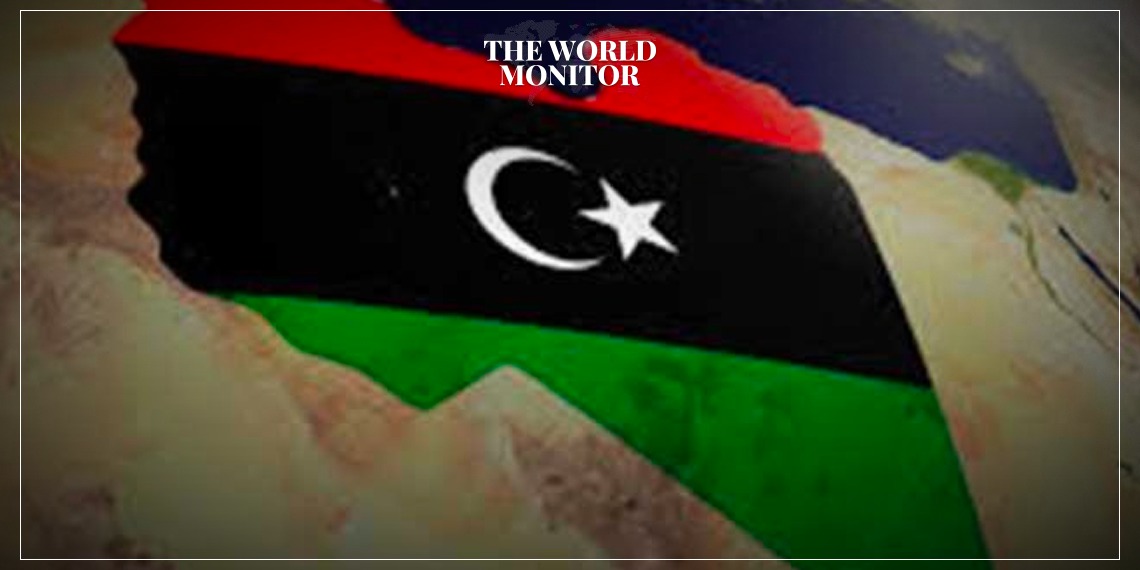In a significant move on Monday, Libya’s House of Representatives unanimously voted to amend Law No. (62) of 1957, which criminalizes dealings with the Zionist entity (Israel). This legislation marks a firm stance by the Libyan government against any form of engagement with Israel.
According to Libyan media reports, the law prohibits travel to and from Israel and forbids establishing relationships with any natural or legal entities associated with Israel. As voted in the official session held in Benghazi, the law stipulates stringent penalties for individuals and entities violating these provisions.
For natural persons interacting with Israeli nationals, the punishment includes imprisonment for up to five years and a fine of 10,000 Libyan dinars. Legal entities in violation face harsher consequences, including seven years of imprisonment, removal from leadership and functional positions, and deprivation of civil rights.
Furthermore, the Libyan Parliament resolved to urge all state institutions to extend full support, aid, and facilitation to the Palestinian people, especially in light of the recent Israeli aggression on Gaza.
Libya’s relationship with Israel has been historically complex and often contentious. The North African nation has long supported the Palestinian cause, aligning with other Arab countries in opposition to Israeli policies and actions. The recent legislation by Libya’s House of Representatives underscores the country’s ongoing commitment to the Palestinian cause.
The law’s enactment comes at a time of heightened tensions in the Middle East, with ongoing conflicts and diplomatic challenges involving Israel and its neighbors. The Libyan stance reflects a broader regional sentiment supporting Palestinian sovereignty and opposing Israeli occupation and actions in Palestinian territories.
This move by Libya also highlights the changing dynamics in Middle Eastern geopolitics, where countries are reevaluating their positions and policies regarding Israel and Palestine. The legislation could have significant implications for Libya’s foreign relations and its role in the Arab world.
The issue of Palestinian rights and the Israeli-Palestinian conflict remains a central and deeply emotive subject in Middle Eastern politics. Libya’s decision to criminalize dealings with Israel is a clear indication of its firm stance on this issue, reinforcing its long-standing support for the Palestinian cause. The law also aligns with the sentiments of many in the Arab world who view solidarity with Palestine as a key aspect of their foreign policy and regional identity.






